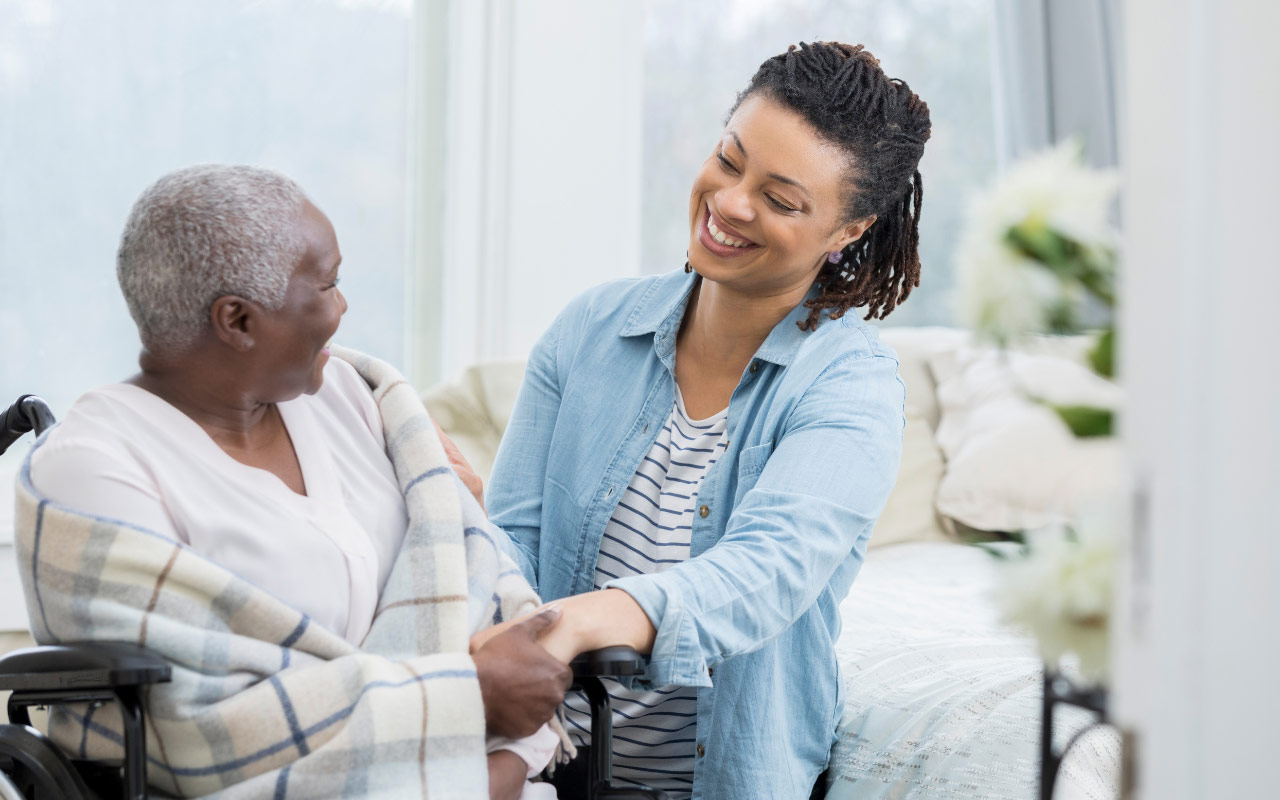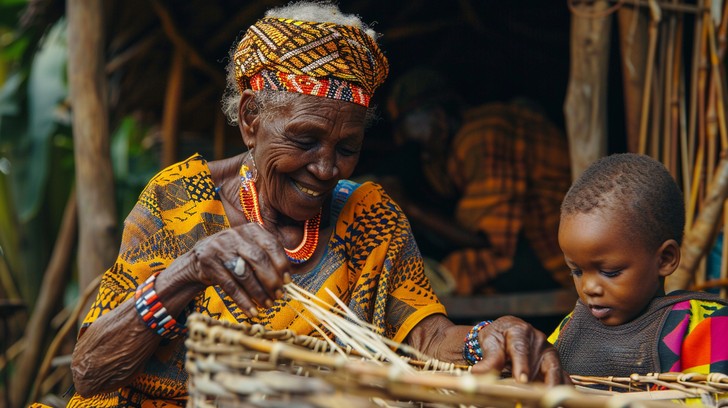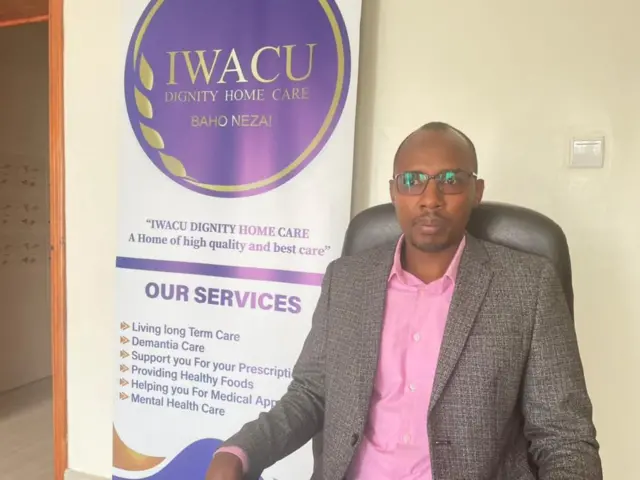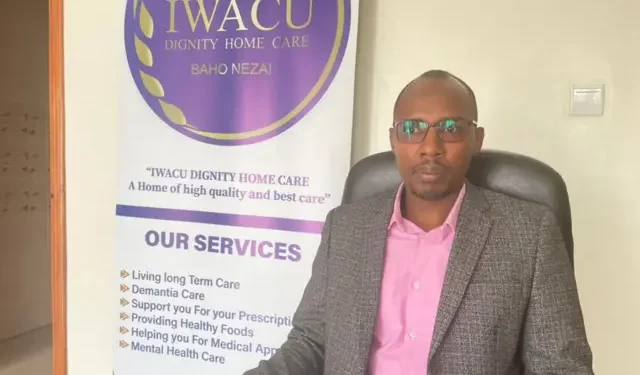In Rwanda, older people traditionally remain at home, surrounded by family. They spend time with their grandchildren, passing on life lessons, wisdom, and valuable skills that younger generations may not learn elsewhere. This intergenerational bond has long been an essential part of Rwandan culture, where elders are respected as custodians of knowledge and experience.
However, in many Western countries like Europe and America, older adults are often sent to health centers or care facilities, separated from the family environment. While this ensures specialized care, it may also lead to a disconnect between generations, depriving the young of the many benefits that come from spending time with their elders.

Additionally, spending time with elders helps bridge generational gaps, fostering a stronger sense of family unity and continuity. In many ways, it can also serve as emotional support for both the young and the elderly, creating meaningful relationships that last a lifetime.

Steven Munyejabo, who lives in Canada, realized that some older people in Rwanda, and those returning from abroad, require more professional care than their families can provide. This led to the creation of the Iwacu Dignity Health Center, a facility designed to offer the best home care services for older Rwandans. The center provides comfortable homes with trained caregivers, ensuring that these elders receive not just healthcare but also a dignified and respectful environment.

Poland provides another inspiring example of how older people can be celebrated and integrated into the community. In the city of Wrocław, elderly citizens participate in the annual “March of Hats,” where they parade in festive attire, celebrating their lives and contributions to society. Poland also has a national minister for senior affairs, showing a commitment to prioritizing the needs of older people at the governmental level.
In contrast, countries like the UK are still advocating for more government involvement in senior affairs, with organizations pushing for the appointment of a commissioner for older people. Celebrations like Poland’s highlight the value of recognizing and honoring older generations, something that Rwanda can also build upon as it continues to grow and develop.




